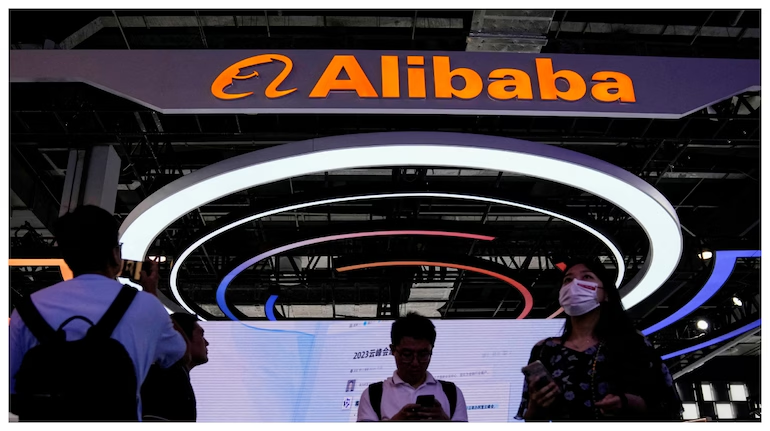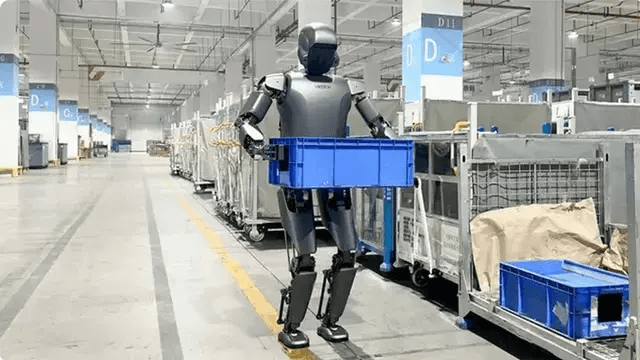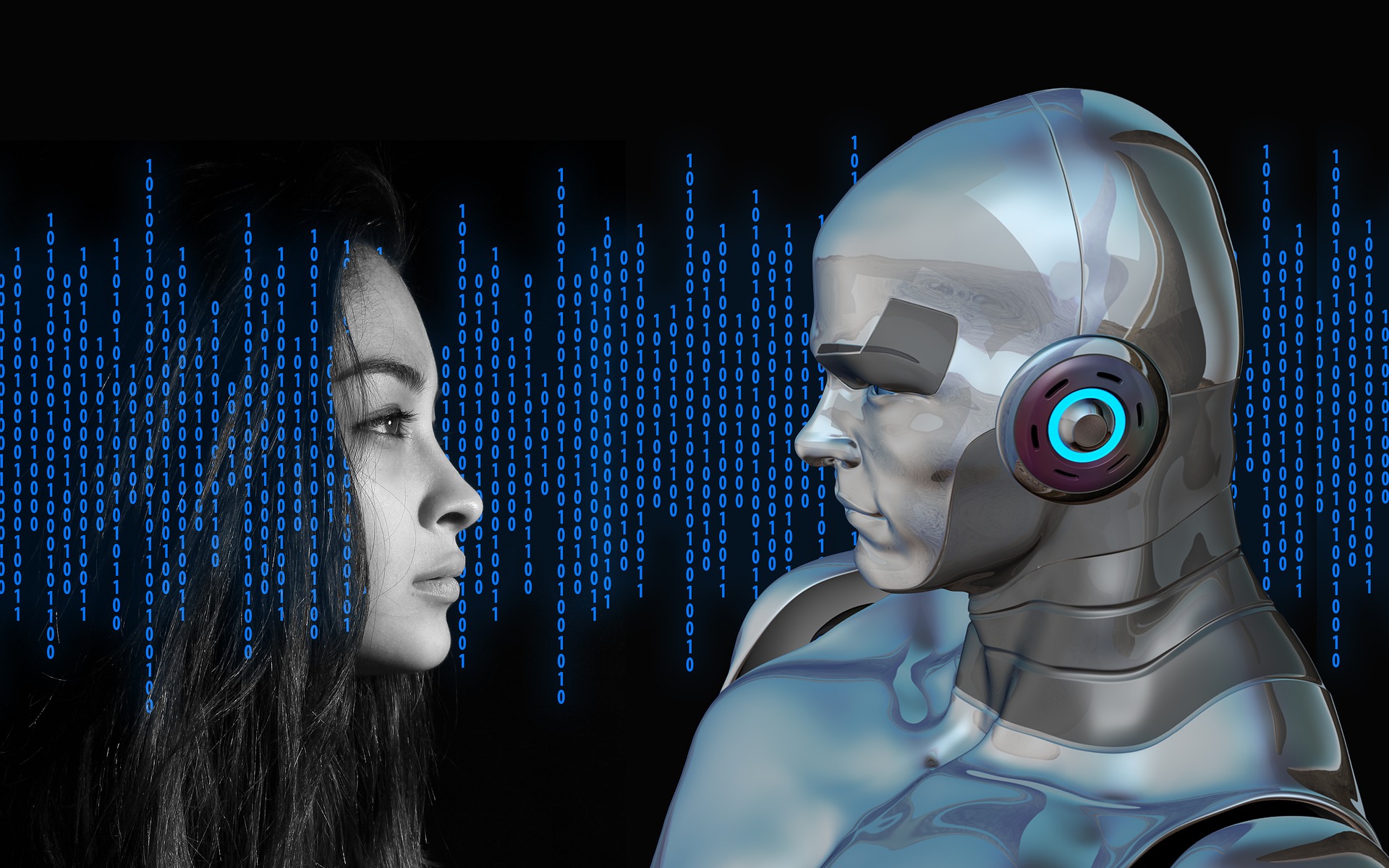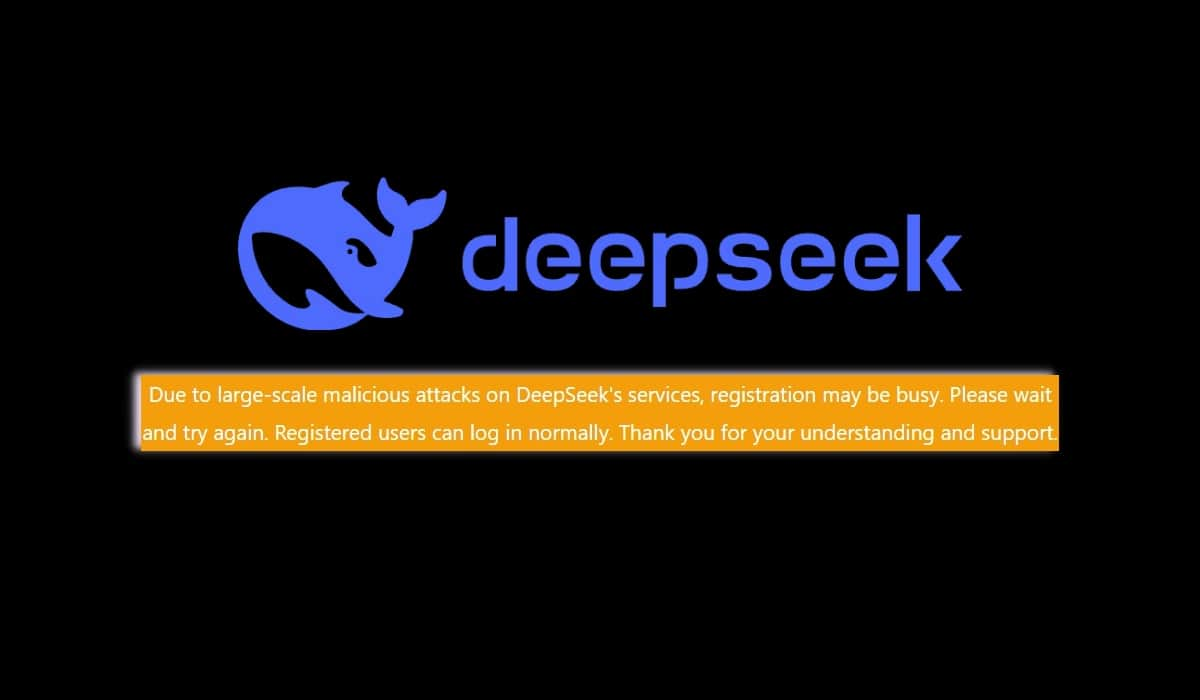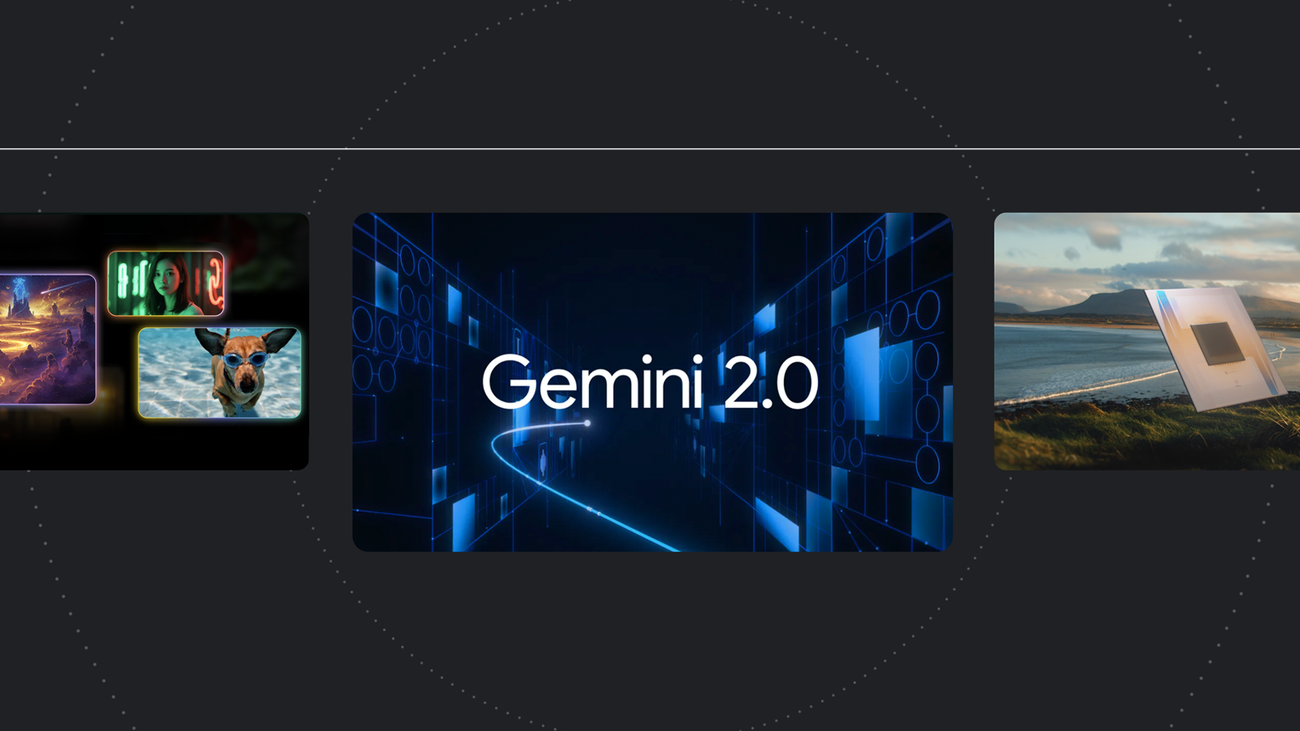
In December 2024, Google made several groundbreaking announcements that highlight the company’s vision for the future of artificial intelligence (AI). From the debut of the highly anticipated Gemini 2.0 with agentic capabilities to new advancements in quantum computing, these updates are set to redefine how businesses and individuals interact with AI. Here’s a look at the major highlights:
1. Agentic AI Models: The Rise of Gemini 2.0
Google’s most significant AI announcement came with the launch of Gemini 2.0, its most advanced model to date. Equipped with agentic capabilities, Gemini 2.0 can understand environments and take actions on behalf of users, bringing us closer to the vision of a universal AI assistant. Along with Gemini 2.0, Google introduced experimental models like gemini-exp-1206, Gemini Advanced, and a “thinking” version of Gemini 2.0 for developers to explore. These models are expected to revolutionize how we interact with AI, making information more accessible and tasks easier to automate.
2. AI for Video and Image Generation: Veo 2 and Imagen 3
Google has raised the bar for AI-driven video and image creation with the release of Veo 2 and Imagen 3. These models are designed to create high-quality, realistic content by incorporating an enhanced understanding of real-world physics. Veo 2, in particular, can generate videos with an incredible level of detail and realism. Creatives, filmmakers, and businesses are already leveraging these tools to enhance their workflows and develop compelling content. Google has also integrated these tools into VideoFX, ImageFX, and Labs experiment Whisk, enabling users to experiment with new forms of creative expression.
3. NotebookLM Gets a Major Upgrade
Google’s NotebookLM received a significant upgrade in December with the introduction of NotebookLM Plus, a premium version that offers enhanced capabilities. One standout feature is the Spotify Wrapped AI podcast, created using this tool. Users can now enjoy personalized AI podcasts that “unwrap” their year in music. Currently available in several countries, this feature demonstrates how AI can be used to enhance user experiences beyond traditional applications.
4. Enhanced AI Features for Android Devices
Google has rolled out several new AI-powered features for Android and Pixel devices, aimed at improving user experience. These include features like photo navigation and sharing, updates to Call Screen, enhanced document scanning in Google Drive, and audio captions that capture the emotion and intensity of speech. These improvements are designed to make everyday tasks more efficient and intuitive for users.
5. AI-Powered Business Productivity: Google Agentspace
As AI continues to transform the business landscape, Google introduced Google Agentspace, a platform that combines AI agents, Gemini’s advanced reasoning, and enterprise data to boost business productivity. With businesses increasingly relying on AI to streamline operations, improve customer service, and secure data, Google Cloud predicts that AI will play a pivotal role in reshaping how companies operate in 2025. AI agents will simplify complex tasks, while AI-powered customer experiences will further enhance service delivery. Additionally, Google is working on solutions to bolster security, detect fraud, and combat deepfakes in industries like finance and entertainment.
6. GenCast: AI for Accurate Weather Predictions
Google’s DeepMind introduced GenCast, a new AI-powered weather model designed to deliver faster and more accurate weather forecasts, particularly for extreme weather events. The model offers predictions up to 15 days in advance and is available as an open model to encourage collaboration across the weather and climate community. This innovation aims to help communities better prepare for extreme weather, providing a valuable tool for climate resilience.
7. Quantum Computing: Willow Chip
One of the most exciting announcements in December 2024 came with Willow, a state-of-the-art quantum chip that addresses a major challenge in quantum error correction. Willow’s ability to perform tasks in minutes that would take supercomputers millennia could revolutionize AI development. According to Google, Willow cracked a key challenge in quantum error correction that researchers have been trying to solve for nearly three decades. The chip can perform a benchmark computation in 5 minutes, a task that would take supercomputers 10 septillion years — an unimaginable length of time. This milestone opens up new possibilities for AI advancements, especially in areas like medicine, battery efficiency, and new energy alternatives.
The Future of AI and Quantum Computing
As Google continues to innovate in AI and quantum computing, the company is positioning itself at the forefront of technological advancements that could have far-reaching impacts on various industries. The integration of agentic AI with advanced quantum computing capabilities could usher in a new era of AI-driven business transformation, improved user experiences, and scientific breakthroughs.
In the coming years, Gemini 2.0 and Willow are expected to play key roles in driving progress across sectors, from healthcare to climate change, by enabling faster computations and smarter, more intuitive AI systems. Google’s ongoing research and development efforts signal a bright future for AI and quantum technologies, offering new opportunities for both businesses and consumers.
Stay tuned as Google continues to push the boundaries of AI and quantum computing, making it possible to achieve what was once thought to be impossible.

